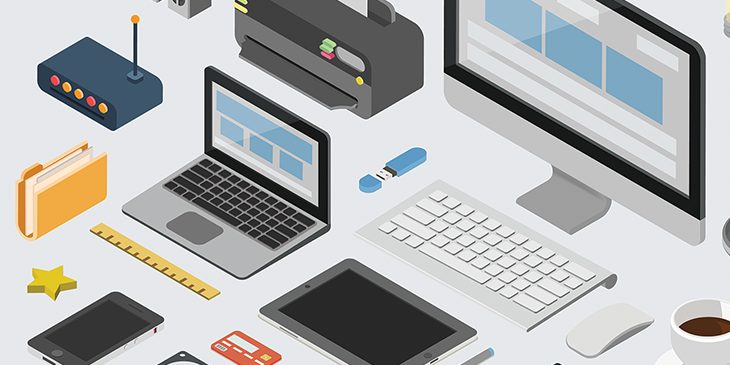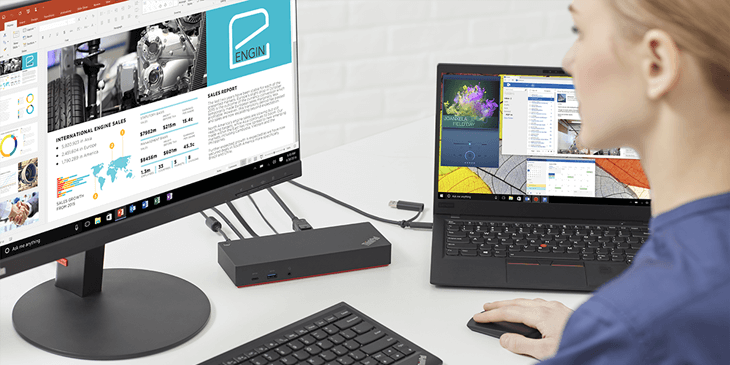How DaaS is redefining scalability in business
Device as a service (DaaS) is an emerging trend in the IT sector, and one that is helping businesses improve their efficiency and scalability.
It’s a means by which businesses can get the newest and best IT hardware without the upfront costs or being saddled with outdated equipment at the end of its life cycle.
It’s also one of the best ways to manage costs and stay flexible, regardless of how large or small your business may be.
Is DaaS just a trendy word for renting?
No – DaaS is so much more than renting your company’s devices.
While you will be hiring the devices, meaning your hardware will go from being a capital expense to an operating cost, a number of other aspects are part of your monthly payments.
For starters, DaaS services also include procurement and management of the devices. They tend to come with next-day replacement services, and offer data and insights to ensure you’re getting the most out of your devices.
Of course, your devices will all have the latest software installed and updated as part of the service.
Perhaps most importantly, DaaS plans offer the ability to scale up or down depending on your company’s shifting needs.
Find yourself in a boom and need extra devices for all the new hires you’ve made? Just update your plan. Even better, if things take an unexpected downturn, you won’t be left with dozens of unused PCs sitting around the office gathering dust as they decay into obsolescence.
As for which major companies are offering DaaS, it’s headlined by Microsoft – although at this stage they are only offering their own hardware – as well as other multinational manufacturers such as Dell, Lenovo and Hewlett-Packard.
While Apple has yet to embrace DaaS, HP is taking care of Mac and iOS fans, offering Apple devices.
A few things to be aware of before diving in
Firstly, you’ll want to make sure your DaaS provider offers the kind of devices you need.
For example, at this stage Microsoft is only offering models of its Surface tablet device on DaaS – which isn’t going to cut it for some businesses. So while you can still scale up or down, the question is whether a DaaS offering is appropriate for your needs.
And this limited level of selection is fairly common – by making a smaller offering in terms of the devices available, the companies offering DaaS enjoy greater pricing by way of volume, as well as by offering standardized upgrades and repairs.
Secondly, while DaaS does offer scalability in terms of the devices – giving the opportunity to add or take away as required – it’s rarely the case that you can similarly upgrade your device at a moment’s notice.
What’s more common is a two or three-year plan on a given piece of hardware. Patches and other software updates will be factored into the plan, but you will have to see out the full contract before being able to get a newer, better model.
Finally, it’s worth acknowledging that DaaS presents a wonderful opportunity for your company to avoid the issues associated with end-of-life-cycle devices.
Whereas some assets – such as motor vehicles and furniture – can still hold value as they come to the end of their business use, an old computer is essentially a paperweight.
Except it’s a paperweight that likely has huge amounts of potentially sensitive company data on it.
Rather than worrying about what becomes of your old devices, DaaS ensures they are properly formatted and removed from your premises – so you know your IP and other information won’t end up in the wrong hands.












